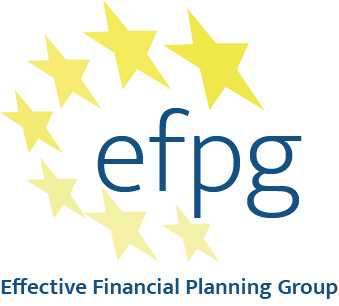
How much does free advice cost?
That might sound like a daft question. The answer is obvious. Nothing – free means it doesn’t cost anything, Of course that cannot be the case unless a charity, government body or similar is giving the advice – even then that definition of free is arguable.
Financial advisers who offer free advice are intermediaries and are compensated by financial companies via commissions. So, there is always that angle of conflict of interest that one needs to be aware of. You really don’t know whether what they are selling to you is really good for you or good for them as a commission-generating sale.
There are less clear costs of not seeking advice as well.
The Cost of Education.
Do you want to spend the time to bring yourself up to a decent level of knowledge? Then to stay updated with the constant changes? How long will it take you to become knowledgeable?
The Cost of What You Don’t Know.
There are things that you know you need to learn, but what about the things that you don’t know you need to learn? How are you going to become aware of them?
The Cost of Consequences.
Do you understand how different things are interrelated? Actions in one area can often cause harm in another. How are you going to become aware of all the interconnected relationships and consequences?
The Cost of Mistakes.
Can you afford to learn from your mistakes? Some mistakes are minor, while others can be quite serious. If you make a mistake, how costly will it be, and do you have the time and resources to rebound from your mishap?
The Cost of the Unknown.
Do you have the temperament to do what is necessary to succeed? Sometimes the correct action or behaviour is counter-intuitive. Professionals are trained to cope with unplanned difficulties and disasters. How will you cope?
The Cost of Time.
What is the value of your time? How will you determine when you are spending too much time trying to solve a problem versus the alternative of paying someone else to solve it?
While there is a clear cost associated with engaging a financial adviser these subtler costs of not working with one when the situation warrants it should be taken into consideration. When you stand to gain more than the fee charged by your adviser, the time is right to ask for advice.
How EFPG Charges – transparency

EFPG prefers to follow the UK’s RDR framework even though there is no requirement to do so in Gibraltar. When providing advice e.g. for a personal pension plan we would state the cost of the advice to you, the costs associated with investing your pension contributions (trading and custody) and the costs of the selected investments so you can clearly see all of the costs associated with your pension arrangement. We are completely transparent in this respect to give you the comfort in knowing that your investment for your retirement has no hidden charges or commissions that could negatively affect the quality of your retirement.
For the full article please follow this link
